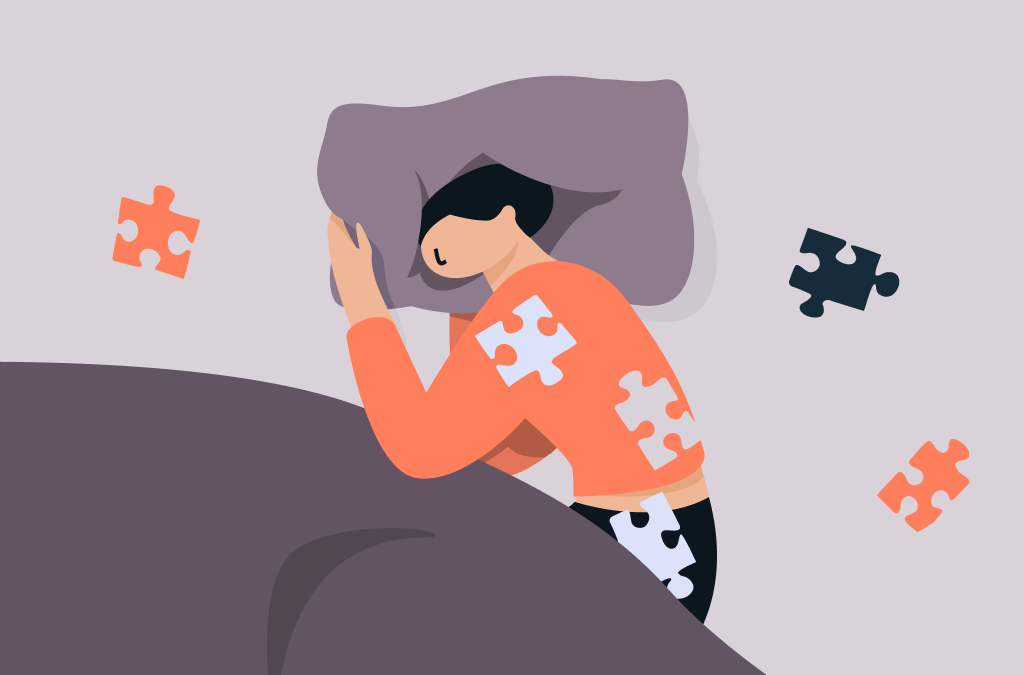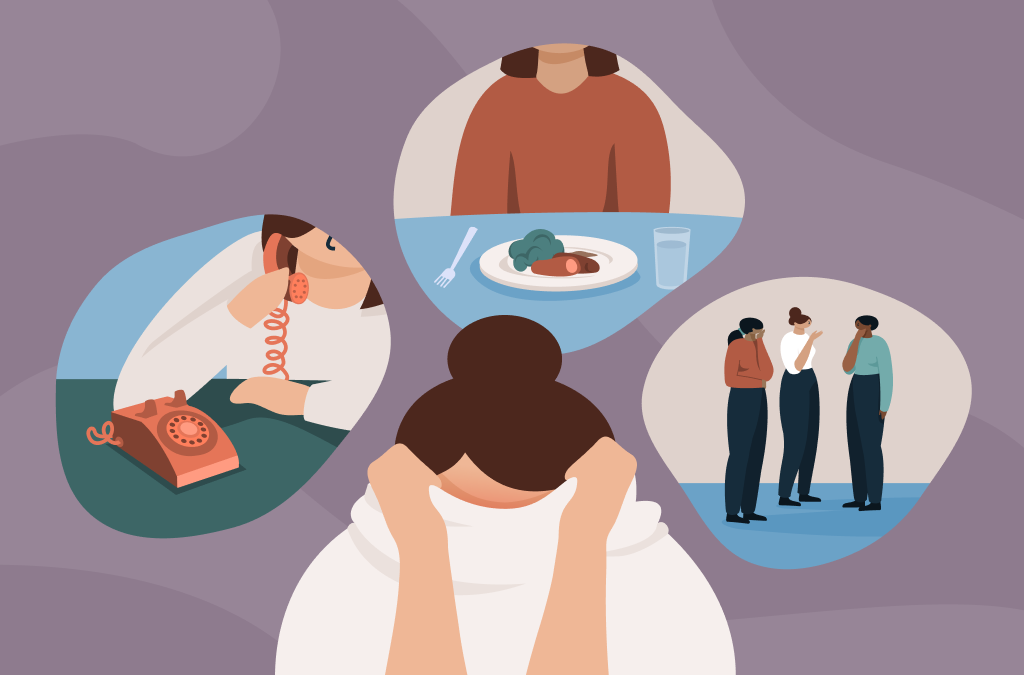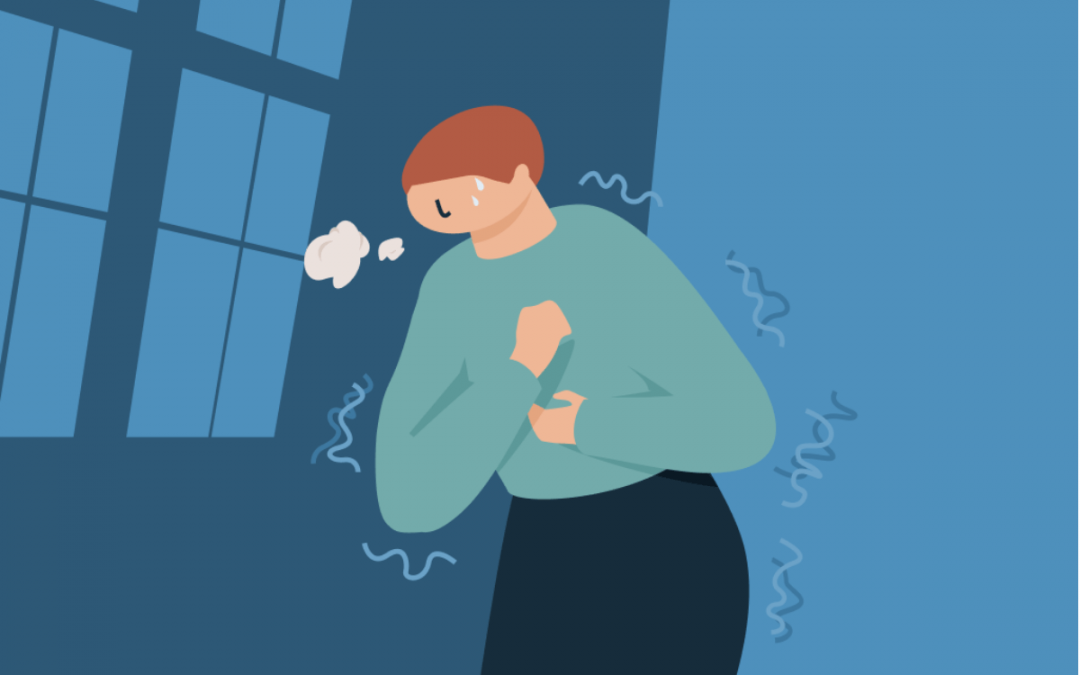Are you struggling with your mental health or do you know someone who is? This post offers suggestions for how to start a conversation about it.


Are you struggling with your mental health or do you know someone who is? This post offers suggestions for how to start a conversation about it.

Pandemics, climate change, natural disasters, wars, inflation, energy shortages—it’s no wonder so many people are struggling with world events. How are you feeling?

Speaking up in a group of people? Talking to a stranger? These and similar social situations tend to be challenging for many people: For some, such situations merely trigger a queasy feeling, while for others they cause full-on panic.

The holidays are just around the corner. Lots of lights, decorations, time with family. While some cherish and celebrate this time of year, others find themselves struggling and wishing they could just avoid the holidays altogether.

Losses, separations, and goodbyes, though each unique, all share one thing—they are painful. They bring sadness. Sometimes they come with other feelings such as fear, confusion, anger, despair, or guilt.

Many people set pretty high standards for themselves, whether at work, school, or home. Perfectionism can affect pretty much every area of life.

Racing heart, dizziness, pressure in the chest, shortness of breath, fear of losing control or even of dying . . . Anyone who’s had a panic attack knows how frightening and uncomfortable it can be.

The end of the day, holidays, weekends, vacations: work-free time! At least in theory. In reality, however, it can be hard to turn the mind off from upcoming tasks, looming deadlines, conflicts with others, or any host of issues or problems related to work. So what can help?

This article addresses ways being mindful can improve your overall well-being when life is too fast or overwhelming. This can include helping alleviate depression. Practical suggestions for integrating mindfulness and meditation into your daily life will help you get started.

Missing a good night’s sleep? Haven’t had good dreams in a long time? Then you probably feel like many other people suffering from sleep problems.